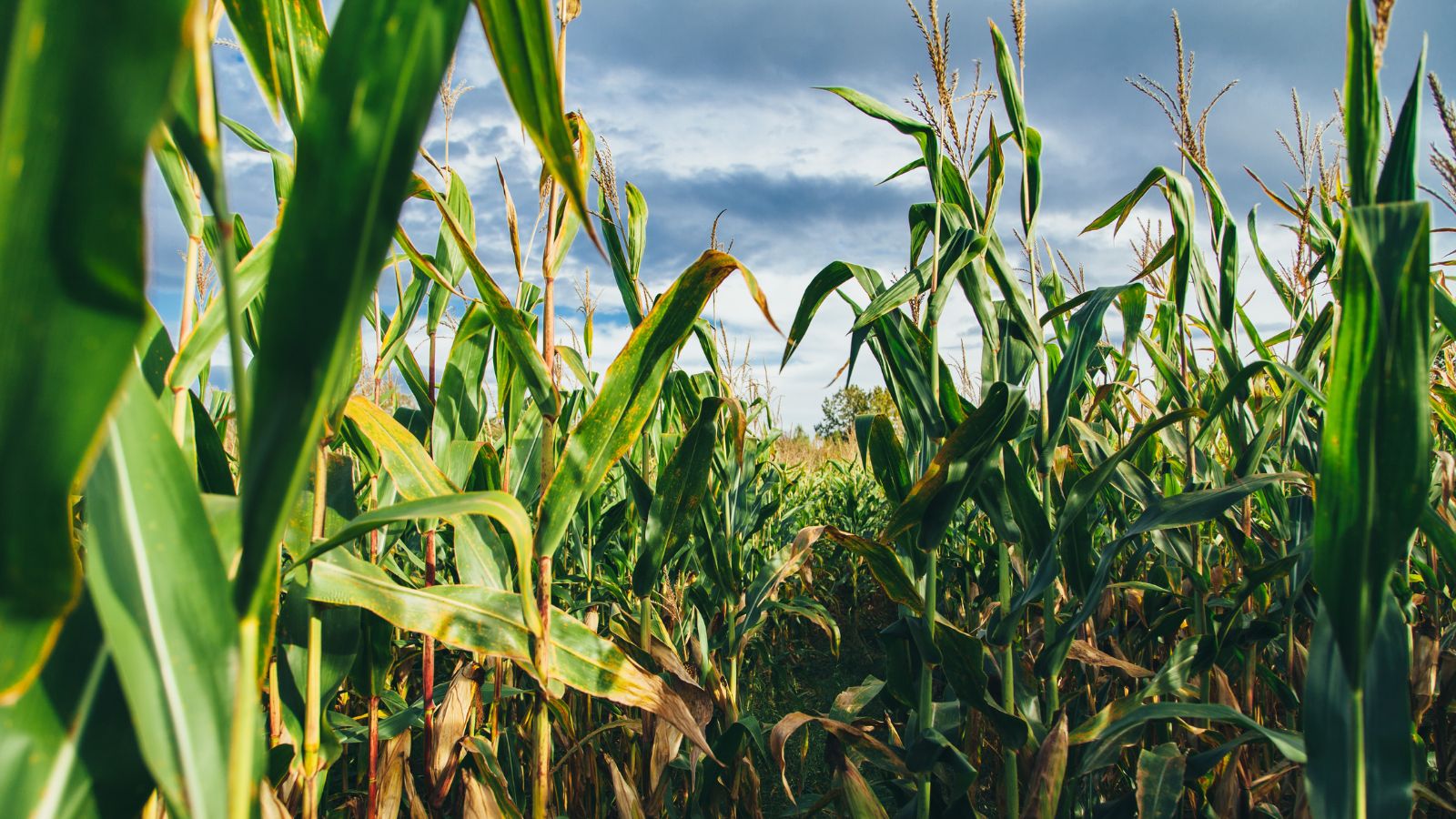For decades, the amount of cropland in the U.S. was shrinking as farmers converted more land into pastures, grasslands, or other natural areas. As their practices became more efficient, farmers needed less space, so they could set aside some land to benefit the environment.
But in the mid-2000s, that trend reversed, and cropland began expanding.
“Things like pasture land or conservation grasslands being plowed up and going back into production really made us look closer at this and ask: What’s driving these changes?” says Tyler Lark of the University of Wisconsin, Madison.
He says this reversal was driven in part by the Renewable Fuel Standard, a federal program that requires biofuels to be blended into fuel.
That mandate prompted farmers to grow more corn for corn-based ethanol.
So many farmers plowed up grasslands, releasing carbon from the soil. And they applied fertilizer, which also emits global warming pollution.
“We saw that the overall emissions associated with those land use changes were quite sizable, and in many cases, overshadowed some of the potential savings that corn ethanol offered relative to gasoline,” Lark says.
So he says the research underscores the need to scale up other, less carbon-intensive sources of biofuels.
Reporting credit: ChavoBart Digital Media


